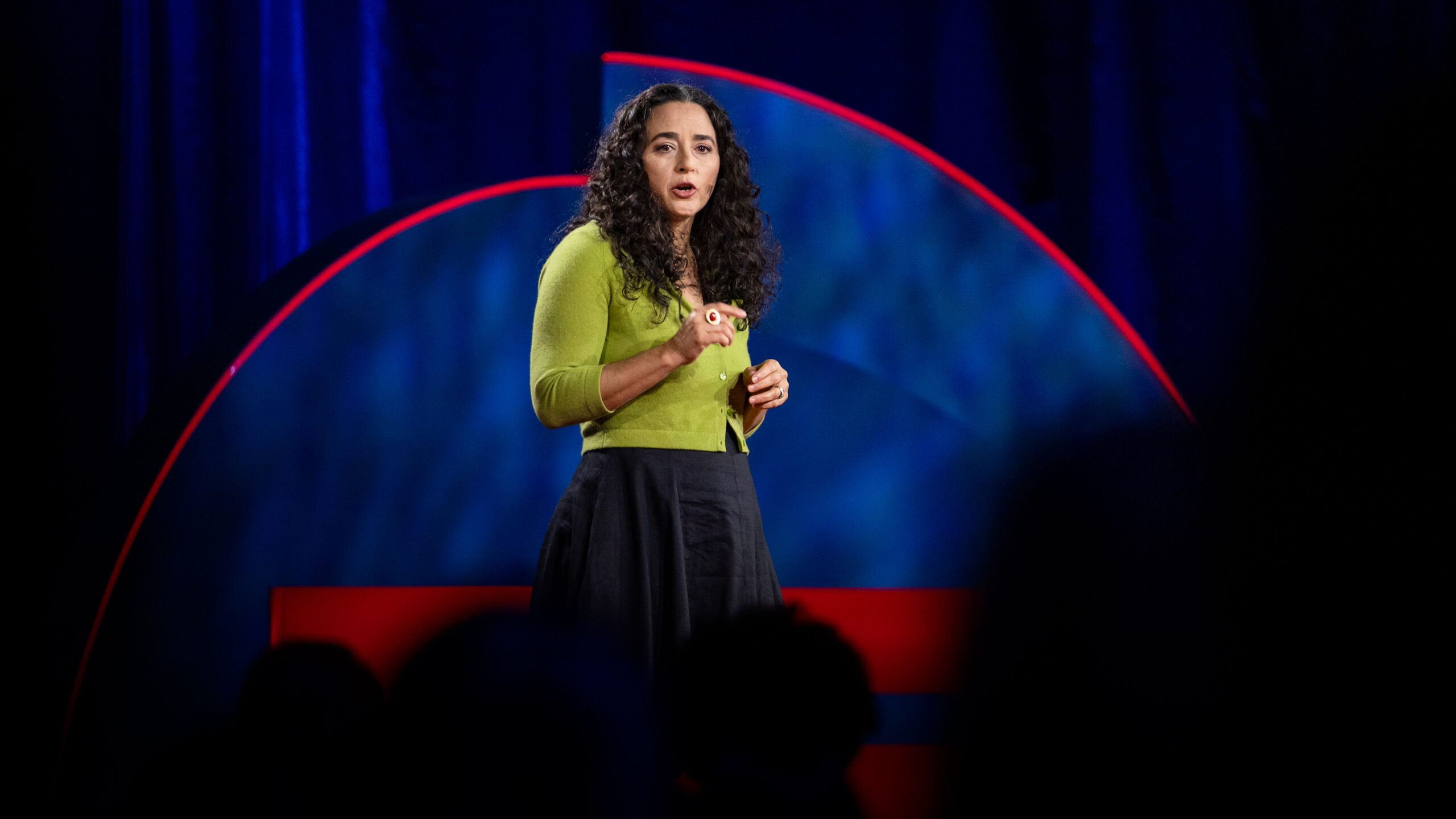Soraya Chemaly, a prominent feminist voice, has carved a space for herself at the intersection of activism, social justice, and gender equality. Her work transcends geographical boundaries, but within the realm of Desi feminism, Chemaly’s contributions hold particular significance. This blog delves into Chemaly’s journey, exploring her fight for social justice through the lens of Desi feminism.
Understanding Desi Feminism
Desi feminism refers to a feminist movement that addresses the specific experiences and challenges faced by women from South Asian backgrounds (India, Pakistan, Bangladesh, etc.). Desi feminists navigate a complex web of cultural norms, religious traditions, and patriarchal structures that often differ from Western feminism.
Here are some key aspects of Desi feminism:
- Challenging Gender Roles: Desi feminists work to dismantle traditional gender roles that limit women’s opportunities and autonomy.
- Intersectionality: Desi feminism acknowledges the interplay of race, class, caste, and gender in shaping women’s experiences.
- Addressing Dowry and Honor Killings: These harmful practices are prominent concerns within Desi communities, and Desi feminists actively fight for their eradication.
- Representation and Identity: Desi feminists advocate for greater representation of South Asian women’s voices and experiences within the broader feminist movement.
Soraya Chemaly: Championing Social Justice for Desi Women
Soraya Chemaly’s activism resonates with Desi feminism in several ways:
- Global Feminism: Chemaly emphasizes the importance of a global feminist movement that acknowledges the diverse realities of women worldwide. This resonates with Desi feminists who advocate for their voices to be heard within the broader feminist conversation. In her book “Rage Becomes Her: The Power of Women’s Anger” , Chemaly argues for a “feminism for the global south” that is inclusive and speaks to the experiences of women from all backgrounds.
- Free Speech and Women’s Voices: Chemaly is a vocal advocate for women’s freedom of expression. This aligns with Desi feminists who fight for women’s right to speak out against injustices and challenge societal norms. Chemaly states,
“Silencing women is the great silencer. It keeps us from challenging the status quo, from holding power to account, and from imagining a different world.”
- Challenging Sexual Violence: Chemaly actively addresses issues of sexual violence and online safety. Desi feminists confront similar issues within their communities, and Chemaly’s work provides valuable insights and solidarity.
Addressing Issues Relevant to Desi Women
Soraya Chemaly’s work touches upon several themes critical to Desi feminism:
- Online Harassment: Cyberbullying and online harassment disproportionately affect women. Chemaly’s advocacy for online safety empowers Desi women to participate freely in online spaces.
- Representation in Media: Chemaly critiques the underrepresentation of women in media. This is particularly relevant for Desi women who often lack diverse portrayals in mainstream media. Chemaly emphasizes the need for “more complex portrayals of women” that challenge stereotypes and celebrate the multifaceted identities of Desi women.
- Women and Anger: Chemaly’s book “Rage Becomes Her: The Power of Women’s Anger” challenges the notion that women’s anger is negative. Desi feminists grapple with societal expectations of submissiveness, and Chemaly’s work validates their right to express anger against injustice.
Women’s anger is a necessary part of dismantling the systems of oppression that hold us back.
Soraya Chemaly
The Impact of Soraya Chemaly’s Work
Soraya Chemaly’s work amplifies the voices of Desi women on the global stage. Here’s how her contributions make a difference:
- Elevating Desi Feminist Issues: Chemaly’s platform brings attention to the specific challenges faced by Desi women, fostering solidarity and raising awareness.
- Empowering Desi Women: By advocating for free speech, online safety, and diverse representation, Chemaly empowers Desi women to claim their space and challenge the status quo.
- Building Bridges: Chemaly’s work bridges the gap between Desi feminism and the global feminist movement, fostering collaboration and knowledge sharing.
The Ongoing Fight for Social Justice
Soraya Chemaly’s relentless pursuit of social justice paves the way for a more equitable world for Desi women and all women globally. Her work serves as an inspiration for Desi feminists and allies alike, urging them to continue challenging social norms, demanding equal rights, and advocating for a future free from oppression.
This blog merely scratches the surface of Soraya Chemaly’s vast contributions. We encourage you to explore her work further and join the fight.

